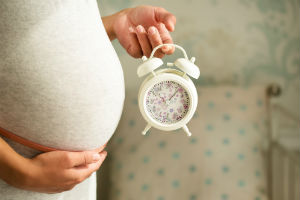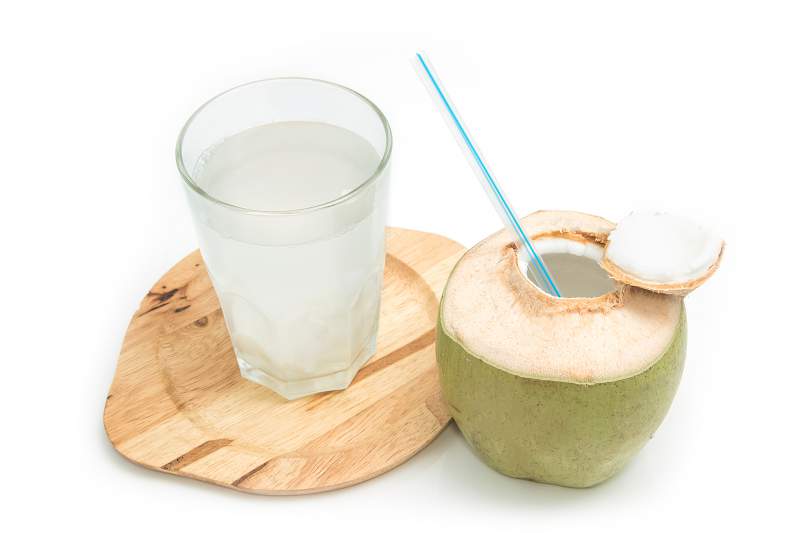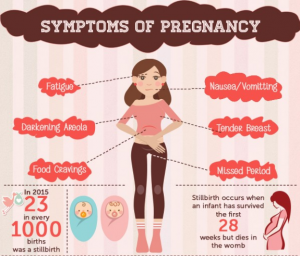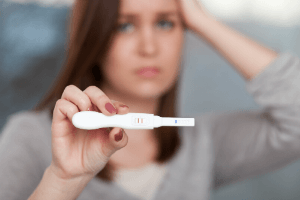1st Trimester – Weeks, Development, Physical & Psychological Changes
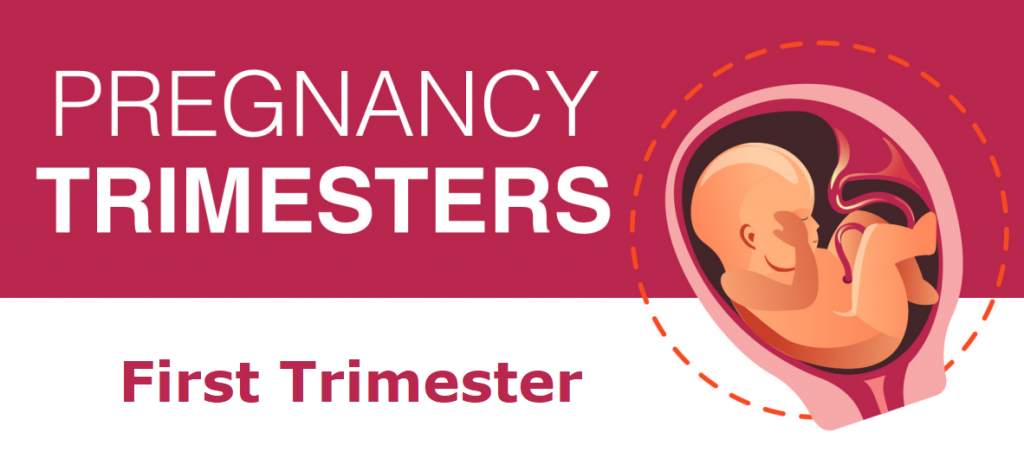
The typical pregnancy has three trimesters and lasts around 40 weeks from the first day of a woman’s last menstrual period. In each pregnancy trimester, the fetus will meet specific developmental milestones. Infants delivered before the end of week 37 are considered premature and may have certain complications in the long term with their growth and development, as well as difficulties in breathing and digesting.
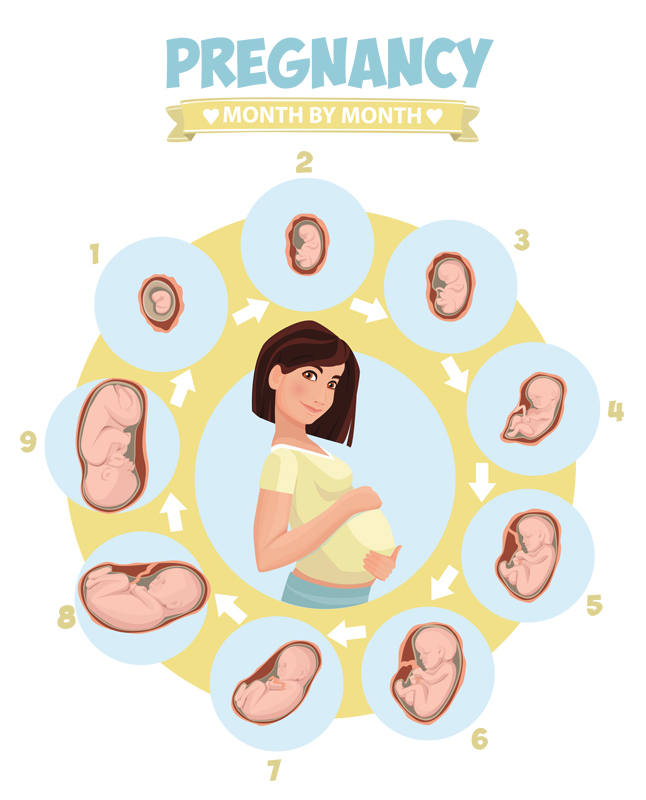
First trimester (1 to 12 Weeks)
The first trimester in pregnancy is the most crucial to the baby’s development. During this period, the baby’s body structure and organ systems develop. Most miscarriages and birth defects also occur during this period. Therefore, it is advised to be extra cautious during the first trimester in pregnancy.
Fetal Development
Considered to be the most dramatic phase during pregnancy, the first trimester in pregnancy onsets fetal changes. During the first eight weeks, the fetus, called an embryo. The fetus by the end of the first trimester may measure up to 3 to 4 inches in length.
![]()
Physical Changes
During the first trimester of pregnancy, women’s body undergoes major changes and these changes often cause a variety of symptoms. Some of the first trimester symptoms are as follows:
- Tender and swollen breasts
- Nausea with or without vomiting
- Fatigue
- Frequent urination
- Food cravings or aversions
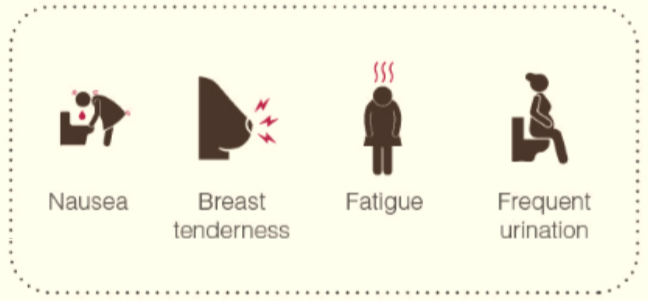
Psychological Changes
The first trimester in pregnancy may often cause unexplainable mood swings. A pregnant woman may feel delighted, anxious and exhausted, all at once. However, if the emotional fluctuation disturbs the day-to-day functioning, one may consult the general physician or a gynecologist.






